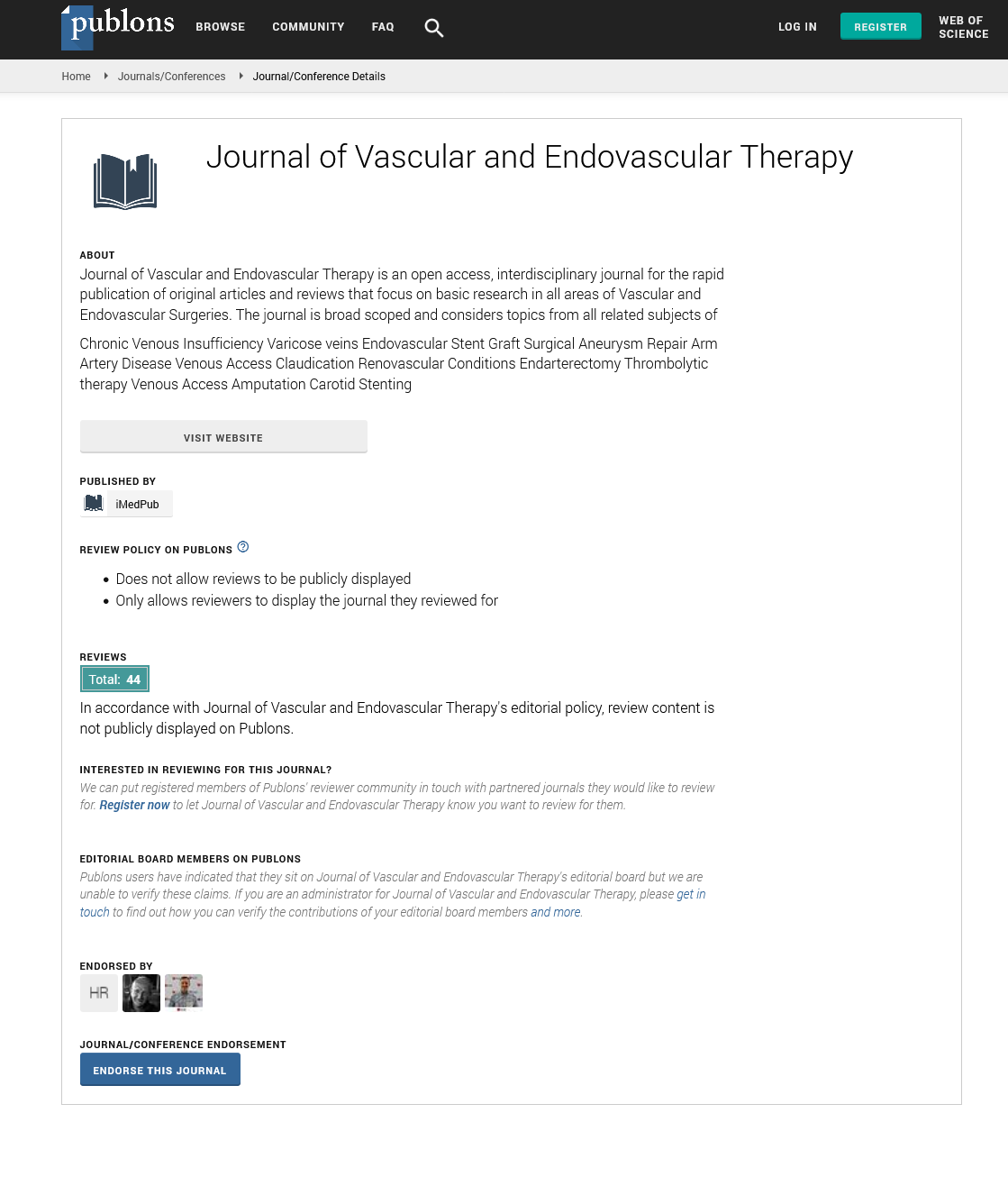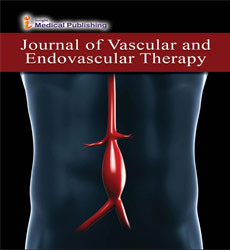Abstract
Anticoagulation in the Surgical Management of Peripheral Arterial Embolic Disease
Introduction: Low-molecular-weight heparin has been showed to be effective for veno-occlusive disease and acute coronary syndrome. It is frequently used for peripheral arterial embolic disease but this is not a licensed use and there is little evidence or guidelines for this. This article aims to review the peri-operative use and outcomes of LMWH and unfractionated heparin (UFH) following arterial embolectomy in a district general hospital.
Methods: Retrospective case review of peri-operative anticoagulation in 55 patients undergoing peripheral arterial embolectomy between 2007-2012 in North Devon District Hospital.
Results: Patients received a wide variety of anti-coagulation in the peri-operative period. The overall complication rate was 38%. The total complication rate was 70% in patients receiving UFH compared to 42% in those receiving LMWH (p=0.16). The risk of re-occlusion was 60% in the UFH group compared to 18% in the LMWH group (p=0.21). The risk of amputation was higher in the UFH group (30% compared to 12% p=0.32).
Conclusion: LMWH is a safe and convenient alternative to UFH in acute peripheral arterial thromboembolic disease.
Author(s):
Martha E Nixon, Keith Gomes Pinto, Marcos S Kostalas, David J Williams and John V Taylor
Abstract | Full-Text | PDF
Share this

Google scholar citation report
Citations : 177
Journal of Vascular and Endovascular Therapy received 177 citations as per google scholar report
Journal of Vascular and Endovascular Therapy peer review process verified at publons
Abstracted/Indexed in
- Google Scholar
- Open J Gate
- Publons
- Geneva Foundation for Medical Education and Research
- Secret Search Engine Labs
Open Access Journals
- Aquaculture & Veterinary Science
- Chemistry & Chemical Sciences
- Clinical Sciences
- Engineering
- General Science
- Genetics & Molecular Biology
- Health Care & Nursing
- Immunology & Microbiology
- Materials Science
- Mathematics & Physics
- Medical Sciences
- Neurology & Psychiatry
- Oncology & Cancer Science
- Pharmaceutical Sciences


